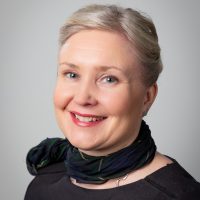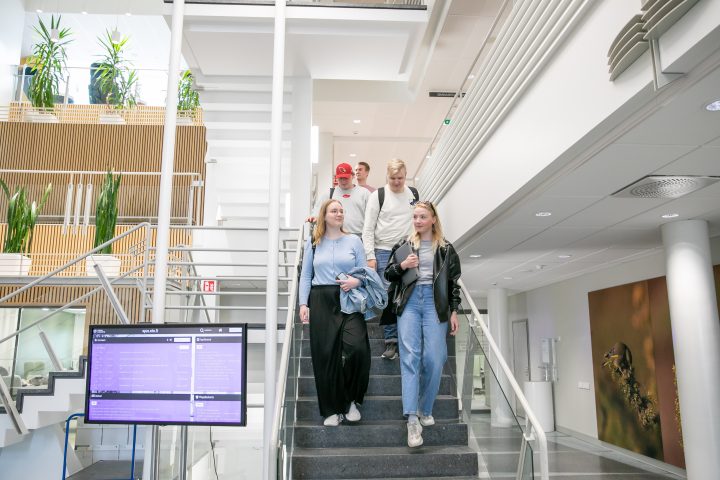Facilities are reduced at our University – how will the changes affect teaching?
Our University is currently balancing its finances. This means long-term savings and acquiring additional funding, which are and have been promoted for a long time through various measures. Balancing the finances also involves major changes that are already being prepared, even though the time for their eventual implementation is years away.
For example, there is an ongoing investigation whether we could transfer the Turun normaalikoulu school and its upper secondary school currently located at Varissuo to the Educarium building on campus. The aim is to create an excellent model for future school and teacher training, which I’m sure people will want to come and see even from afar.
The transfer of the school would cause changes on the campus. Both staff and students would be faced with a new way of using the facilities. The investigation will explore where we could find new, comfortable, and adaptable study spaces for students, should Educarium become a school in the future. It also considered which facilities would be most suitable for each personnel group. The working groups have wanted to conduct the investigation as openly and engagingly as possible.
Based on the utilisation rate of the facilities, there is plenty of ways to work more compactly at the University of Turku. However, this will mainly affect the staff’s working spaces, while teaching facilities will remain unchanged.
Our campus has many different-size facilities suitable for a wide range of teaching activities, which, according to the booking system, are relatively underused. This means that, even if facilities are reduced, there is no need to move teaching to distance learning, at least not for the lack of space.
Curricula planning is currently in the final stages in the degree programmes and each faculty has followed the Vice Rector’s curricula planning guideline (link to intranet, requires login). The guideline highlights the importance of providing contact teaching, especially for students at the bachelor’s level. The importance of guidance is also strongly emphasised.
During the corona pandemic, we learnt that genuine interaction in contact teaching supports learning and well-being. Student feedback is important to us and the discussion about contact teaching and other modes of teaching is dynamic and ongoing. The needs and hopes of our large community are diverse. You can trust our experts – the responsible teacher for each course knows best how to ensure high-quality learning.
Our staff consists of professors, lecturers, researchers and teachers, some of whom are in the early or middle stage of their career and some at height of their profession. This can also create a refreshing variation to the implementation of the courses, which is worth appreciating: sometimes the implementation allows for alternative ways of completing the course, and sometimes you can just enjoy a preconceived course plan. The best and most motivating way to promote the acquisition of knowledge and skills is to apply a variety of different study approaches during your studies.
Read more about the latest facility projects:
- University’s investigation on the usability of Educarium as a school building well underway
- The Aurum building has been completed

The author is the Vice Rector of the University of Turku responsible for education.
